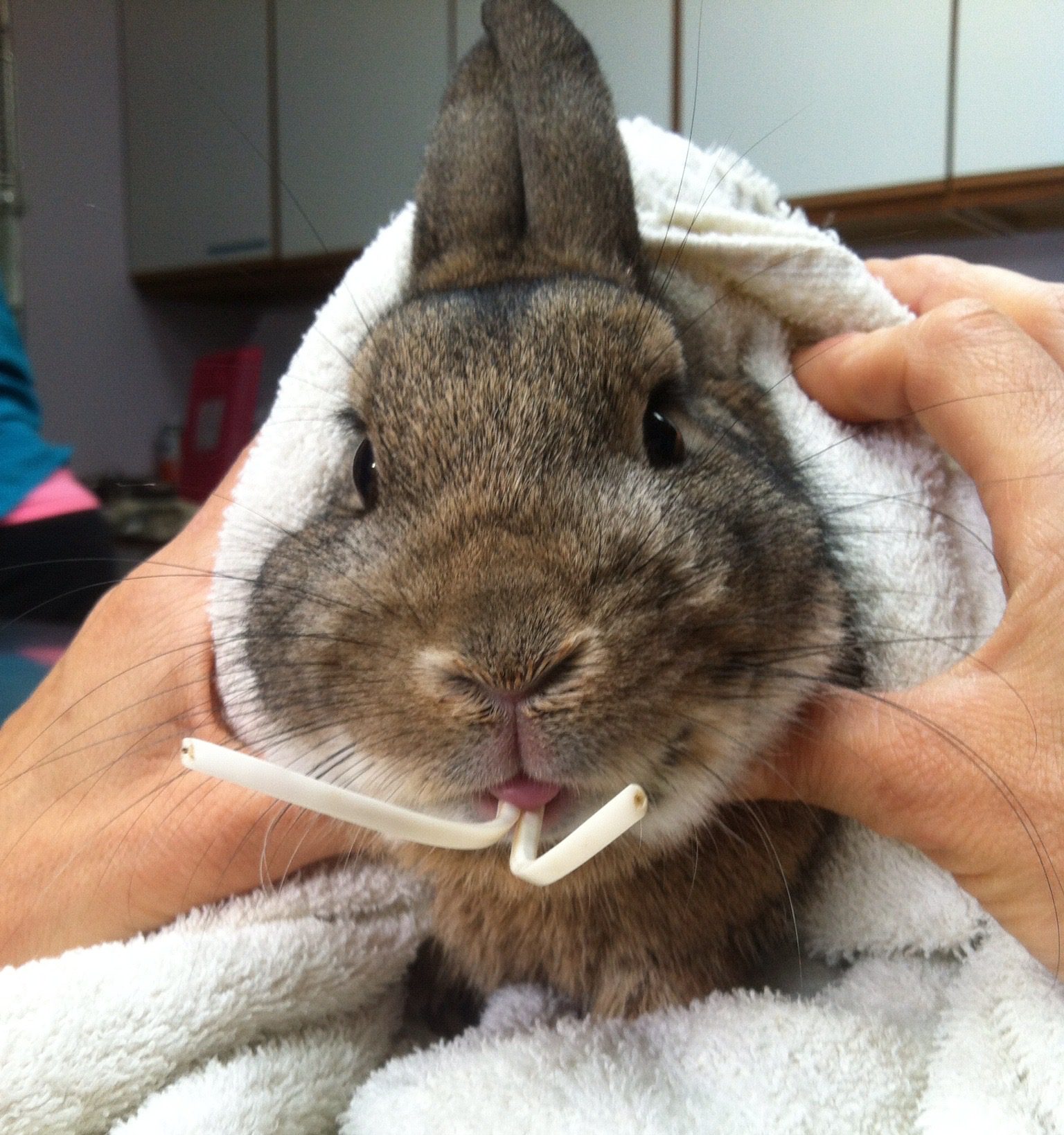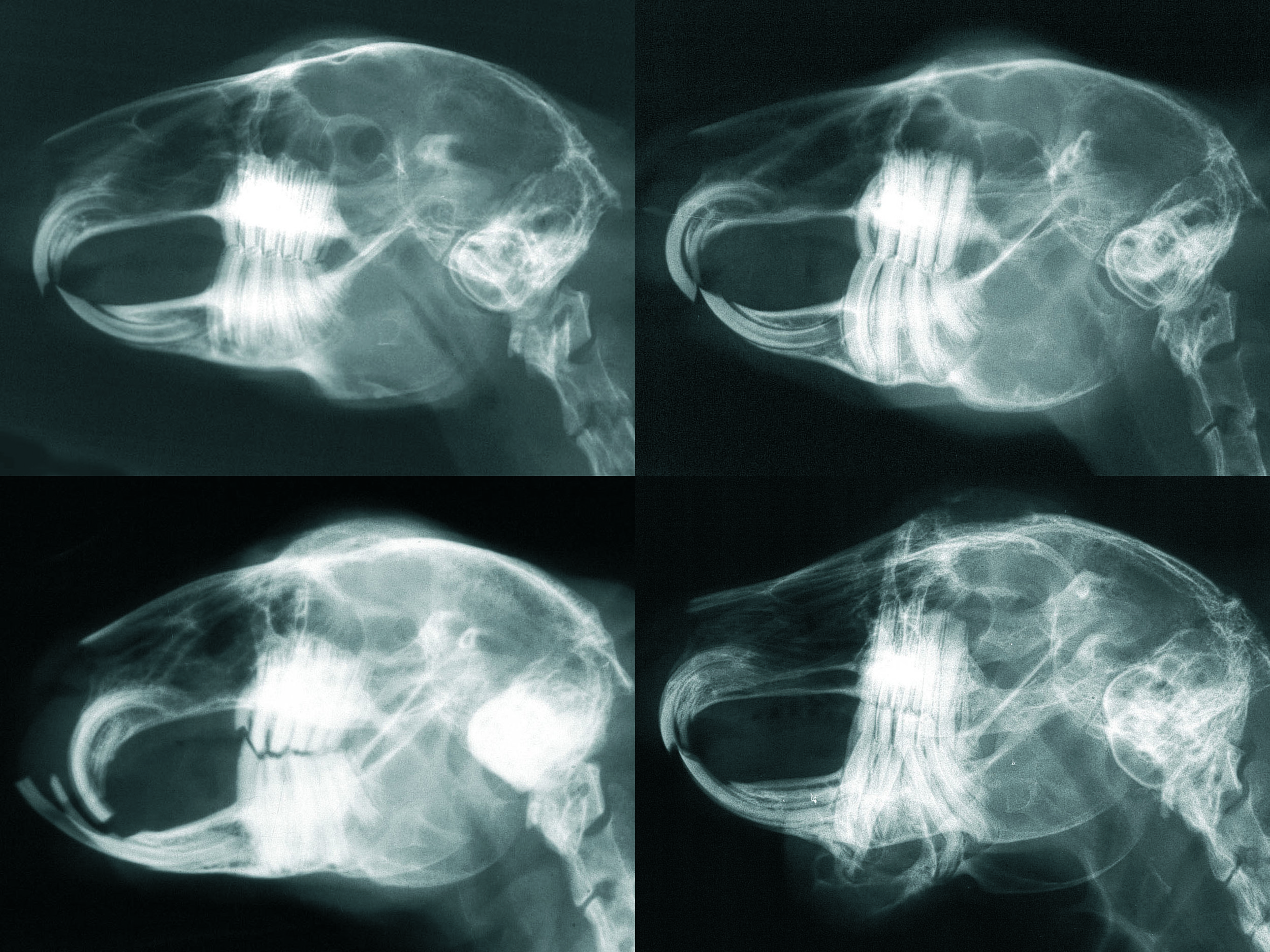We start the series with.....the Rabbit! The rabbit is the most common exotic mammal in the United States, and most of the world. We know a lot about rabbit diseases, because the rabbit has been studied for so many years, and exotic veterinarians see so many on a daily basis.
If you are a rabbit owner, or just love rabbits, try to guess the top three before you read.
1. Rabbit Gastrointestinal Syndrome (RGIS):
While not an actual diagnosis, RGIS described a problem with gastrointestinal (GI) motility, or movement that can be caused by actual problems with the GI tract, or other diseases that affect the GI tract. Symptoms are eating less or none at all, decreased stool production, and sometimes lethargy or even an enlarged abdomen.
Causes: everything from stress to an actual GI obstruction or blockage
Prognosis: Good if the rabbit is seen early and the problem identified and corrected
Treatment: Varies depending on the cause, and always involves supportive care such as fluids, pain medication and support feeding.
If your rabbit seems "off" and just isn't eating normally, pay close attention and call the veterinarian right away for advice.
Bonus: see the excellent article and diagram on RGIS decision making here - My rabbit won't eat! When is this an emergency?
 2. Dental Disease
2. Dental Disease
Dental disease can be mild to severe, and if not treated always gets worse. Rabbit teeth grow continually, and any condition that interferes with perfect tooth alignment results in dental disease, which is painful, and interferes with the ability to eat.
Causes: currently under debate; theories include injuries, dietary causes and genetics
Prognosis: Good to excellent when managed properly.
Treatment: Periodic adjustments of tooth length and shape, and treatment of any secondary problems, such as infection and discomfort.
Dental disease can be a "stealthy" disease, and many times signs are vague and don't appear related to teeth. Call right away if your rabbit seems "off".
3. Upper Respiratory Disease
This has a number of other names, including rhinitis, and snuffles. This can also be mild to severe. Severe cases may feature abscesses in the nasal cavity, and destruction of the bones in the nasal cavity.
Causes: This is usually causes by a bacteria, sometimes present since birth. Occasional there are other causes.
Prognosis: good for early cases that don't involve abscesses or bony involvement. More severe cases may require surgery of the nasal cavity.
Treatement: for bacterial rhinitis, antibiotics are used (by mouth and sometimes by nebulization (inhalation of antibiotics). Again, severe case may require surgery to remove the abscesses and diseased bone.
Don't ignore an increase in sneezing, or a runny nose. This condition is better treated early!


